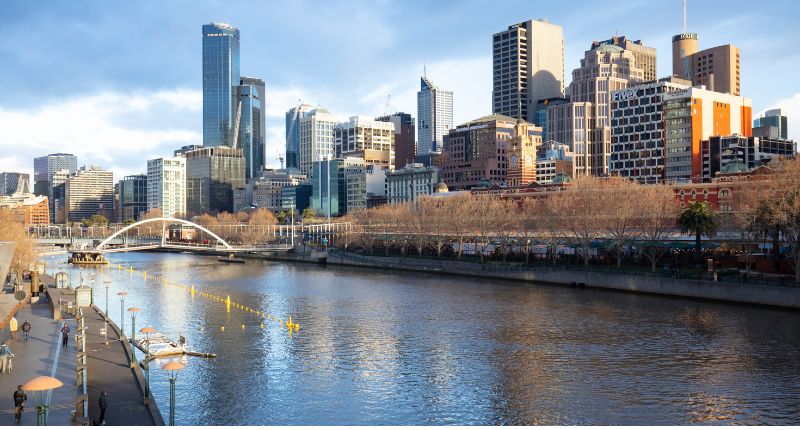- Employees and employers are at odds when it comes to WFH arrangements.
- 'Flexidus' is the phenomenon of employees seeking jobs offering greater lifestyle flexibility.
- Australia's office occupancy figures shows this conflict may not be as widespread.
Employers and employees are at loggerheads, with four out of five flexible workers desiring work-from-home flexibility, and many employers demanding a return to the office, according to RMIT University senior lecturer, Dr Melissa Wheeler.
“The companies that provide the platforms for virtual productivity are leading the charge for returning to the office, and the irony is not lost on employees or the public,” she said.
“However, many people won’t be willing to give up their flexible working arrangements to be forced back into commuting and working in a set place at fixed times.
“Potentially, they will leave that job and look for new opportunities that offer greater flexibility and suit their lifestyle, contributing to a new career phenomenon that has been informally dubbed ‘flexidus’.”
A disconnect between employers and employees
Wheeler noted that poor relationships between employers and employees have likely developed through a disconnect in preferences, needs and expectations.
“Both feel exploited and taken advantage of,” she said.
“It could be a sign that there is a disconnect between employees and employers about what a job constitutes, what is expected from each party, what one is willing to give, and what benefits one can expect to receive.
“Employees, who demonstrated their capacity to work remotely and deliver when lockdowns and travel restrictions were mandated, reported better work-life balance, less time commuting, and more physical activity.
“Employers, on the other hand, worried about the dissipation of their old work culture, drops in innovation as a function of no spontaneous meeting and discussions between employees who interact in a workspace, and a lack of bonding between team members.”
However, in Australia at least, it seems employers have successfully convinced workers to head back to the office.
CBD market rebounds
CBRE‘s Australia head of office research, Tom Broderick, previously observed that companies and employees alike are acknowledging the importance of face-to-face collaboration and the synergy it brings to their operations.
“Every major CBD market in Australia has recorded increased occupancy rates of the past 12 months, with the smaller markets of Perth and Adelaide having rebounded impressively, nearing pre-pandemic levels on peak days.”
Tom Broderick, CBRE
Australian office occupancy by CBD markets in Q3 2023 compared to pre-covid levels

The trends in major Australian cities
Broderick noted Perth and Adelaide had fewer lockdowns during the pandemic, meaning working from home had less of a chance to seep into the paradigm.
Larger cities such as Sydney and Melbourne are following the trend of returning to the office too, with occupancy rates in Sydney and Melbourne at around 75% of pre-covid levels during Q3 2023.
Melbourne saw a similar trend of improvement, although slightly lower, at 56% of the pre-covid level.
However, it was noted that Sydney saw the biggest improvement over the last 12 months, as just a year prior levels were at 49%.
This year’s overall vacancy rates are forecasted to marginally lift in the near term, according to CBRE research manager, Thomas Biglands, however, well-situated and high quality office properties will maintain elevated occupancy rates.
“We forecast that the CBD vacancy rate will peak at 13.5% in 2024 due to the final recovery in return-to-work rates in the larger markets and the elevated levels of new supply expected to be delivered over the next year. Following this peak, we expect that vacancy rates will recover gradually as construction slows and leasing demand accelerates,” said Bigland.








